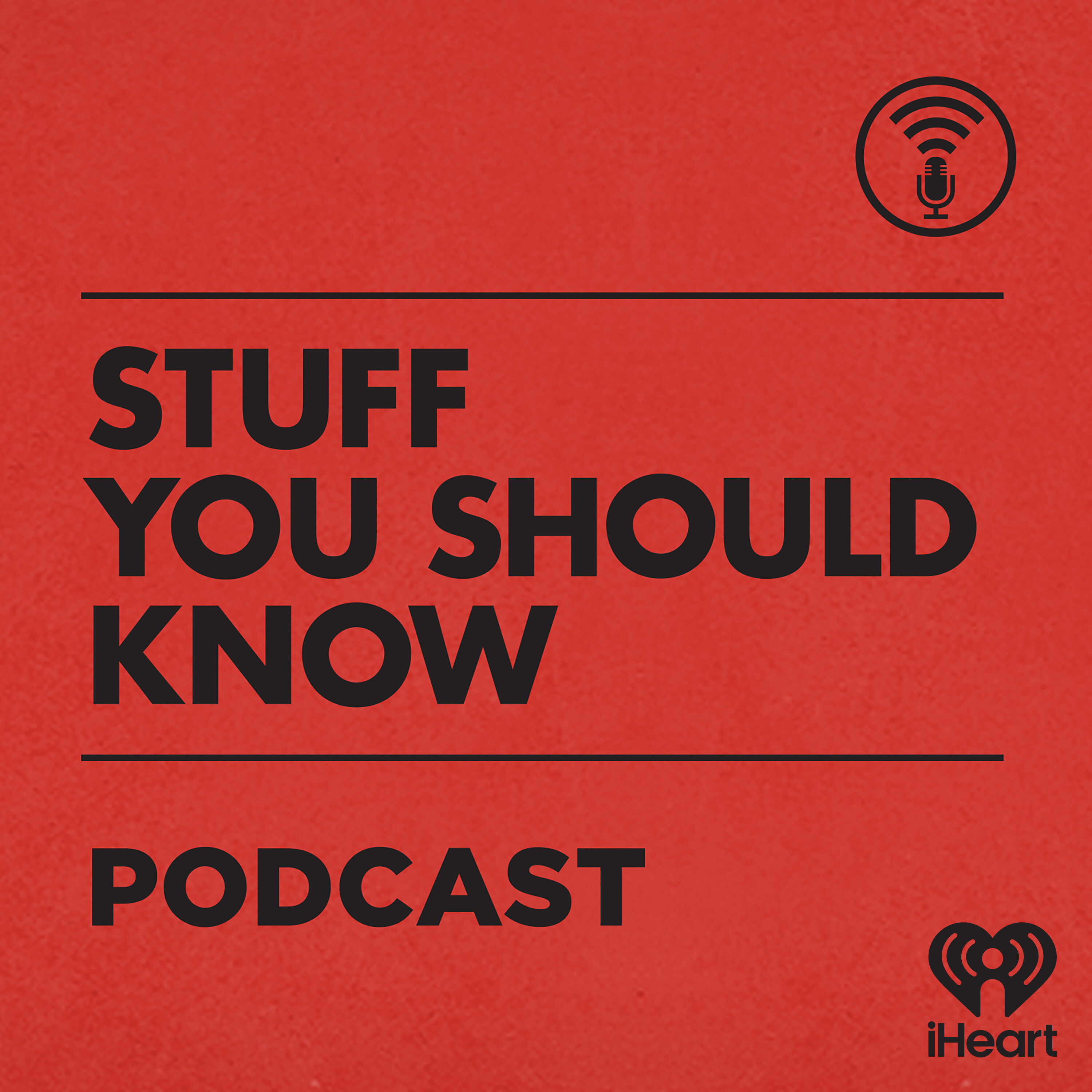Chapter

Legal Ownership of Buried Treasure and Archaeological Sites
Depending on the state's law, buying a property means you own everything on that property including any accidental discoveries in the future. For example, the case of a man who found a treasure chest filled with valuable coins on his property and the ownership of archaeological sites in Texas.
Clips
The ownership of lost or abandoned property falls into three subcategories: abandoned, lost, and mislaid property.
16:18 - 17:43 (01:24)
Summary
The ownership of lost or abandoned property falls into three subcategories: abandoned, lost, and mislaid property. In some cases, the finder may or may not have the right to keep it, depending on the status of the property and the jurisdiction they are in.
ChapterLegal Ownership of Buried Treasure and Archaeological Sites
EpisodeSelects: Finders Keepers: Real Law
PodcastStuff You Should Know
This podcast segment discusses the subtle differences between misplaced and lost items, with examples ranging from leaving money at a bank counter to dropping a personal item in a parking lot.
17:43 - 19:17 (01:34)
Summary
This podcast segment discusses the subtle differences between misplaced and lost items, with examples ranging from leaving money at a bank counter to dropping a personal item in a parking lot.
ChapterLegal Ownership of Buried Treasure and Archaeological Sites
EpisodeSelects: Finders Keepers: Real Law
PodcastStuff You Should Know
The legality of treasure hunting in the US varies by state, with some states granting ownership of all items on a property to the property owner, regardless of whether they were aware of the items' existence, leading to potential legal claims for buried treasure.
19:17 - 22:09 (02:52)
Summary
The legality of treasure hunting in the US varies by state, with some states granting ownership of all items on a property to the property owner, regardless of whether they were aware of the items' existence, leading to potential legal claims for buried treasure.